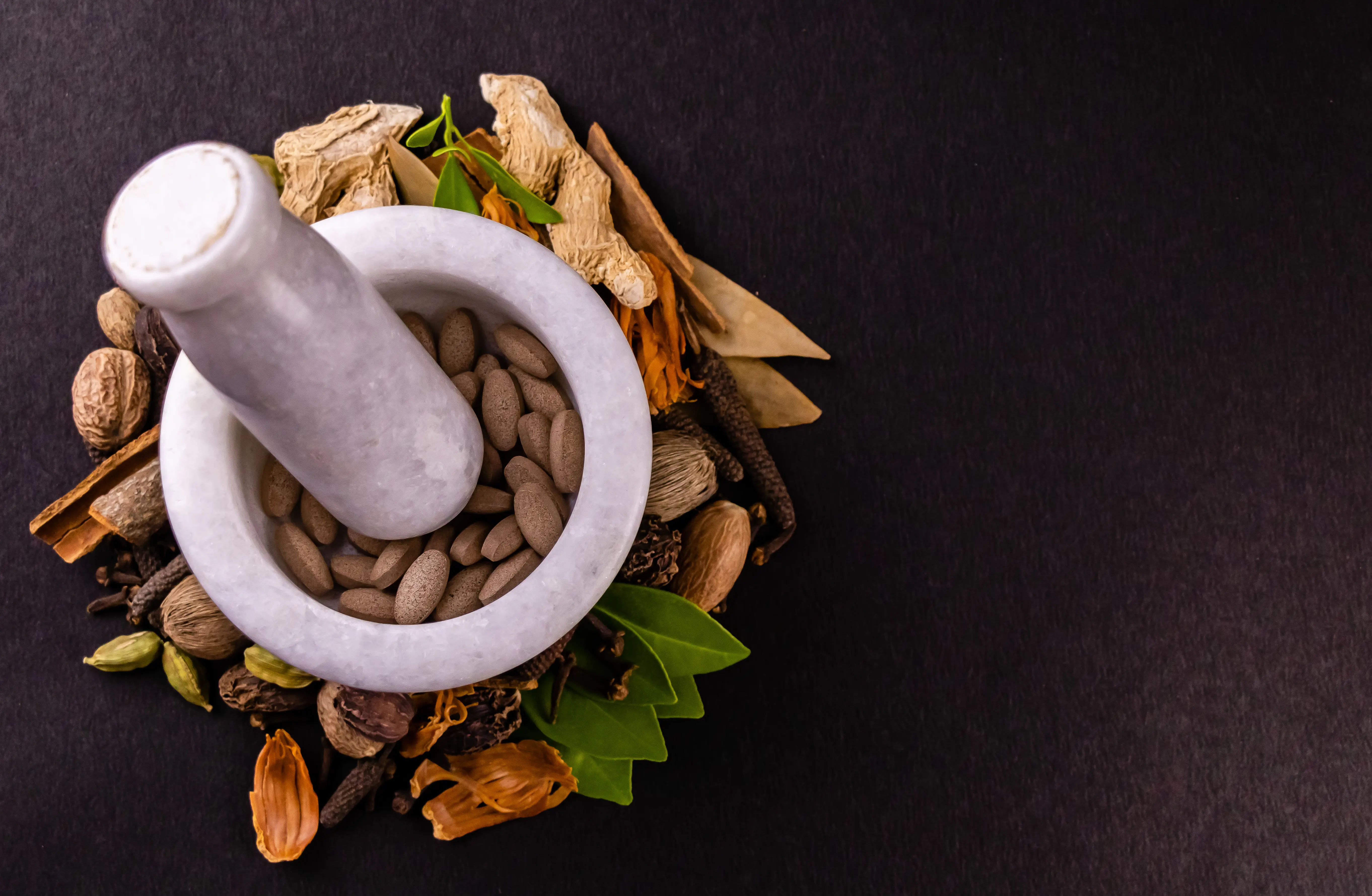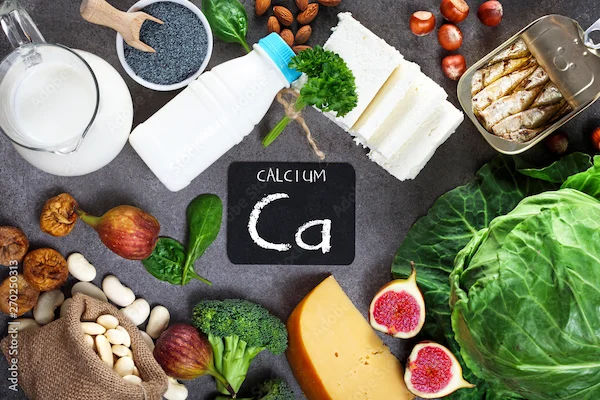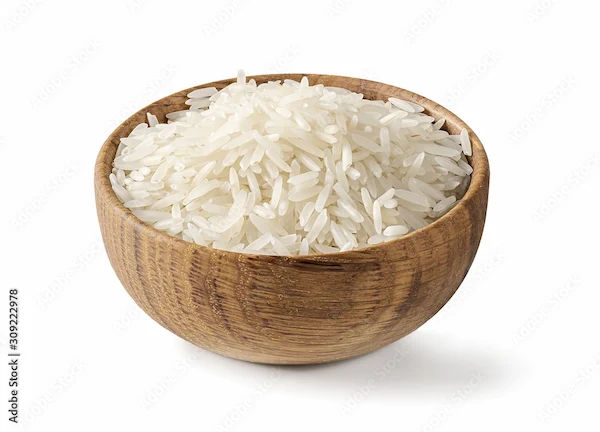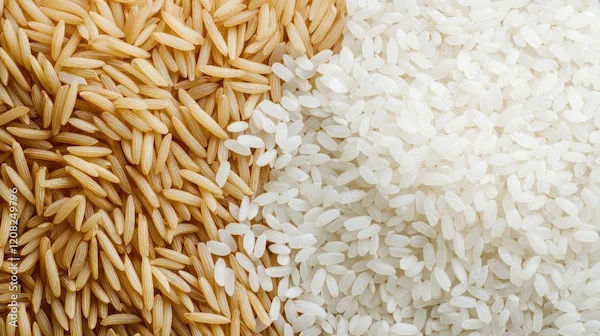Causes of High Blood Pressure Explained
Discover the main causes of high blood pressure, from diet and lifestyle to genetics and medical conditions. Learn prevention tips and when to seek medical help.

Written by Dr. Siri Nallapu
Reviewed by Dr. Rohinipriyanka Pondugula MBBS
Last updated on 29th Jul, 2025
.webp?tr=q-80,f-webp,w-350,dpr-2,c-at_max 700w)
Causes of High Blood Pressure Explained
High blood pressure, also known as hypertension, is a common health condition that affects millions of people worldwide. If left uncontrolled, it can lead to serious health problems like heart disease, stroke, and kidney damage. Understanding what causes high blood pressure can help you take steps to prevent or manage it effectively.
What Is High Blood Pressure?
Blood pressure is the force of blood pushing against the walls of your arteries as your heart pumps. When this pressure is consistently too high, it is called hypertension. A normal blood pressure reading is around 120/80 mmHg. If your readings are consistently 140/90 mmHg or higher, you may have high blood pressure.
Common Causes of High Blood Pressure
High blood pressure can develop due to several factors, including lifestyle choices, genetics, and underlying health conditions. Here are the most common causes:
1. Unhealthy Diet
- Eating too much salt (sodium), processed foods, and unhealthy fats can increase blood pressure. Sodium causes your body to retain water, putting extra pressure on your blood vessels.
What to do?
- Reduce salt intake (avoid packaged snacks, pickles, and fast food).
- Eat more fruits, vegetables, whole grains, and lean proteins.
- Follow the DASH diet (Dietary Approaches to Stop Hypertension).
2. Lack of Physical Activity
- A sedentary lifestyle weakens the heart and blood vessels, making them work harder to pump blood. This can lead to higher blood pressure over time.
What to do?
- Aim for at least 30 minutes of moderate exercise (walking, cycling, swimming) most days.
- Even small activities like taking the stairs or walking short distances help.
3. Being Overweight or Obese
- Excess weight puts extra strain on your heart and blood vessels, increasing the risk of hypertension.
What to do?
- Maintain a healthy weight through a balanced diet and exercise.
- Consult a doctor or nutritionist for a personalized weight-loss plan.
4. Stress and Anxiety
- Chronic stress can temporarily raise blood pressure. Over time, stress hormones may damage blood vessels and contribute to long-term hypertension.
What to do?
- Practice relaxation techniques like deep breathing, meditation, or yoga.
- Get enough sleep (7-8 hours per night).
- Engage in hobbies or activities that help you unwind.
Consult a Top General Physician for More Health Benefits
5. Smoking and Alcohol Consumption
- Smoking damages blood vessels and raises blood pressure immediately.
- Excessive alcohol (more than 1-2 drinks per day) can also increase hypertension risk.
What to do?
- Quit smoking—seek help from a doctor if needed.
- Limit alcohol to 1 drink per day for women and 2 for men.
6. Genetics and Family History
- If your parents or close relatives have high blood pressure, you may be at higher risk.
What to do?
- Get regular blood pressure check-ups.
- Adopt a heart-healthy lifestyle early to reduce risk.
7. Age-Related Changes
- As we age, blood vessels lose flexibility, increasing the likelihood of hypertension.
What to do?
- Monitor blood pressure regularly after age 40.
- Stay active and eat a balanced diet to maintain vascular health.
8. Underlying Health Conditions
Some medical conditions can cause secondary hypertension, including:
- Kidney disease
- Diabetes
- Thyroid disorders
- Sleep apnea
What to do?
- If you have any of these conditions, work with your doctor to manage them.
- Regular check-ups can help detect and control high blood pressure early.
How Can You Prevent or Manage High Blood Pressure?
While some causes (like genetics) can’t be changed, lifestyle modifications can significantly lower your risk:
- Eat a heart-healthy diet (low salt, high fibre).
- Exercise regularly (150 minutes per week).
- Maintain a healthy weight.
- Limit alcohol and quit smoking.
- Manage stress through relaxation techniques.
- Get regular check-ups to monitor blood pressure.
When to See a Doctor?
If you experience symptoms like severe headaches, dizziness, chest pain, or vision problems, seek medical help immediately. Even without symptoms, regular screenings are important, especially if you have risk factors.
Need Help? Book a Consultation Today! If you're concerned about high blood pressure or need personalised advice, you can consult a doctor on Apollo 24|7. Early detection and management can prevent complications and improve your quality of life.
Consult a Top General Physician for More Health Benefits
Consult a Top General Physician for More Health Benefits

Dr. D Bhanu Prakash
General Practitioner
10 Years • MBBS, AFIH, Advanced certificate in critical care medicine, Fellowship in critical care medicine
Hyderabad
Apollo 24|7 Clinic, Hyderabad

Dr. Mohamed Azeem
General Physician/ Internal Medicine Specialist
2 Years • MBBS,MD(Internal Medicine) CCEBDM
Karaikudi
Apollo Hospitals Karaikudi, Karaikudi

Dr Aakash Andgi
General Physician/ Internal Medicine Specialist
9 Years • MBBS MD
Bengaluru
Apollo Clinic, JP nagar, Bengaluru

Dr Syed Mateen Pasha
General Physician
2 Years • MBBS
Bengaluru
PRESTIGE SHANTHINIKETAN - SOCIETY CLINIC, Bengaluru

Dr. Anand Ravi
General Physician
2 Years • MBBS
Bengaluru
PRESTIGE SHANTHINIKETAN - SOCIETY CLINIC, Bengaluru




.webp)